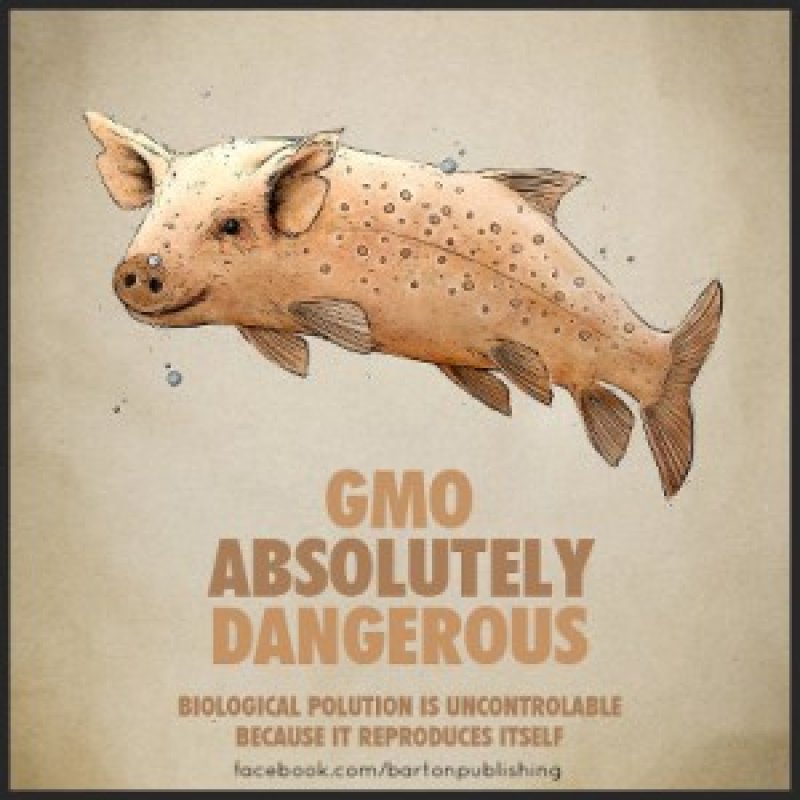Peter Hadfield, a former Radio 4 and CBC science reporter-turned YouTube rationalist, jumps into the GMO debate in this science-based analysis of advocacy groups’ claims against genetically modified foods. Hadfield, who is a geologist by training, posted on his popular YouTube channel–more than 100,000 subscribers–dissecting claims that genetically modified foods are dangerous.
“Contrary to the images, GMO aren’t made by injecting meat or poison or anything, else into healthy plants,” Hadfield says. “They’re made by splicing part of the gene of one organism with another to pass on favorable traits.”
Hadfield further explains the process of genetic modification, arguing that in theory genetic modification itself should not be hazardous. After all, we have been ingesting bits of DNA for thousands of years—it is what our food is made of.
“Exhaustive studies have been done to look for any adverse health effects, and so far none has been found,” he adds.
In most cases, GM seeds are produced for preferable high yields, pest resistance or a resistance to natural forces such as drought.
If GMOs really are the cause for the slew of medical problems advocacy groups claim, the billions of people and animals that consume them everyday should all be showing signs by now, he said.
Hadfield then flips the argument and examines the “studies” that have been done that show the hazards and ill-effects of GMOs.
“I’ve had to wade through a lot of nonsense to get to [the studies],” he said. Adding a list of red flags to note when looking and listening to so-called “experts” who claim to be speaking the “truth” about GMOs.
“Truth is a religious concept,” he said. Science is based on hypothesis.
Hadfield takes a rational approach for 17 minutes to deconstruct anti-GMO arguments made by advocates, citing science and rational thinking. Hadfield breaks down the popular blog post 10 Scientific Studies Proving GMOs Can Be Harmful To Human Health’ that has seen itself gone viral in the past. But at the end of the day, most of these so-called “studies” are either inaccurate or not really about GMOs, something GLP writer Layla Katiraee wrote about in the past. And concluded with:
In conclusion, despite the title of the article, none of these studies proves or even persuasively suggests that GMOs can be harmful to human health. The majority are either obviously flawed or are not scientific studies.
Hadfield himself posts a challenge to everyone who is willing to listen to scientific facts and perhaps it could change the conversation.
“Maybe the anti-GMO campaigners could stop the hype and the scary clap-trap and stop lumping all GMOs together as collectively bad,” he said.
There are things we need to be concerned about based on facts and conclusions published in respected scientific journals, he adds.
“I find it much easier to go with the science whether it fits my beliefs or not,” Hadfield said.
Additional Resources:
- 10 studies proving GMOs are harmful? Not if science matters, Genetic Literacy Project
- Scientific consensus on GMO safety stronger than for global warming, Genetic Literacy Project
- Conflicting views on GMOs: How do we know what to believe? Genetic Literacy Project































